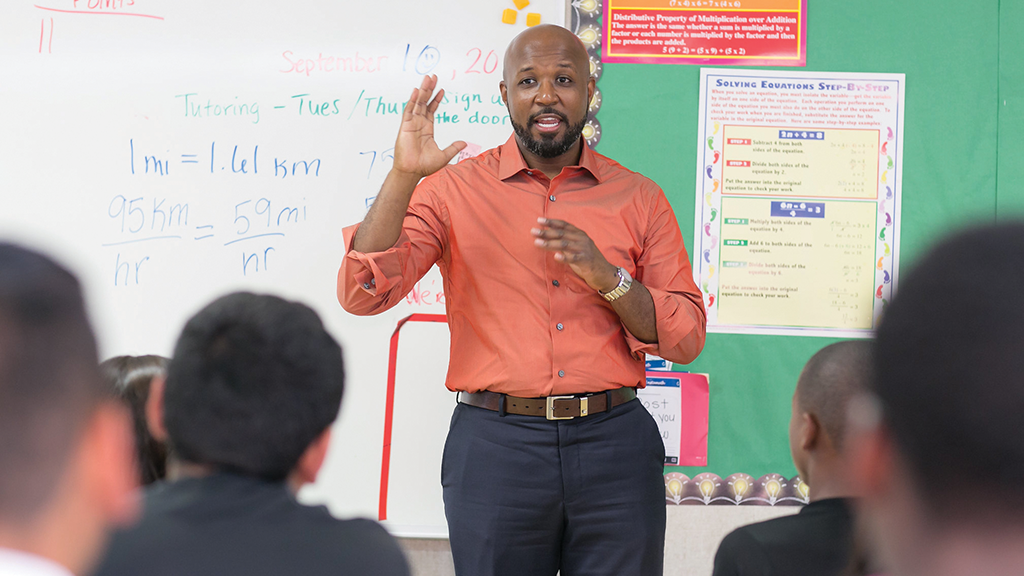
Question: Why are we shocked at the plight of Black children in our country, nay, the plight of Black Americans? We in the work of public education carry as a banner the righteously held belief that access to a quality education is a game-changer in people’s lives. We know that access to education leads to greater access to opportunity. Greater access to opportunity, it is well held, leads to greater access to economic well-being. Greater access to economic well-being—a social determinant of health—leads to greater access to food, housing, and health stability.
For over 500 years, Black Americans have had to persevere through slavery, Jim Crow, segregation, lynching, redlining, absconding of land, communities burned down, inequitable hiring and promotion practices—and still our great nation has yet to figure out how to make these wrongs right. Thankfully, the concept of reparations has come to the fore and seems to be a not-too-distant future reality. That is, if we could figure out what shape they should take.
Friends, I posit that we in education have an unprecedented opportunity to lead out on this just endeavor. I challenge us all to get beyond rhetoric and begin to act on the idea of education as reparations. We are all aware of the timeline of events that formed the foundation of educational outcomes for Black students: Black people were banned from and punished for learning how to read, refused access to education, and forced to learn separately from white children in substandard conditions and with few resources. Today, Black children bear the weight of excessive expulsion, over-referral to special education, under-referral to gifted programs, and are taught in less-invested schools and communities.
Black families were ripped apart during slavery, terrorized during segregation and early integration, and ghettoized through redlining. Yet educators, education leaders, and policymakers speak and behave as though Black parents and students owe THEM something and are failing in providing what they owe. This is faulty thinking at its best.
We must shift our mindset to correcting a system that has let down our Black students and parents. We must transform our habits of holding low expectations to seeing our Black children as more than able to achieve—and deserving of every resource to do so. As a Black man, I can tell you that all that most Black folks desire and deserve is the opportunity for our efforts and hard work to bear fruit unthwarted by long-standing historical harms.
I also believe that we in education have the opportunity to provide that. Over the course of upcoming columns, I will be discussing elements of education as reparations. I invite you to follow the discussion and share your insight as well. Until then, I leave you with a preview of what’s to come:
- Reparations as education looks like funding formulas that make up for centuries of harm, underinvestment, and disinvestment.
- Reparations as education looks like direct pathways for higher education and jobs.
- Reparations as education looks like investing in facilities.
- Reparations as education ultimately benefits ALL students of all races and backgrounds.
I look forward to us challenging each other on this journey.
Micah Ali is the 2021-22 chair of the CUBE Steering Committee and president emeritus of California’s Compton Unified School District Board of Trustees.

Share this content